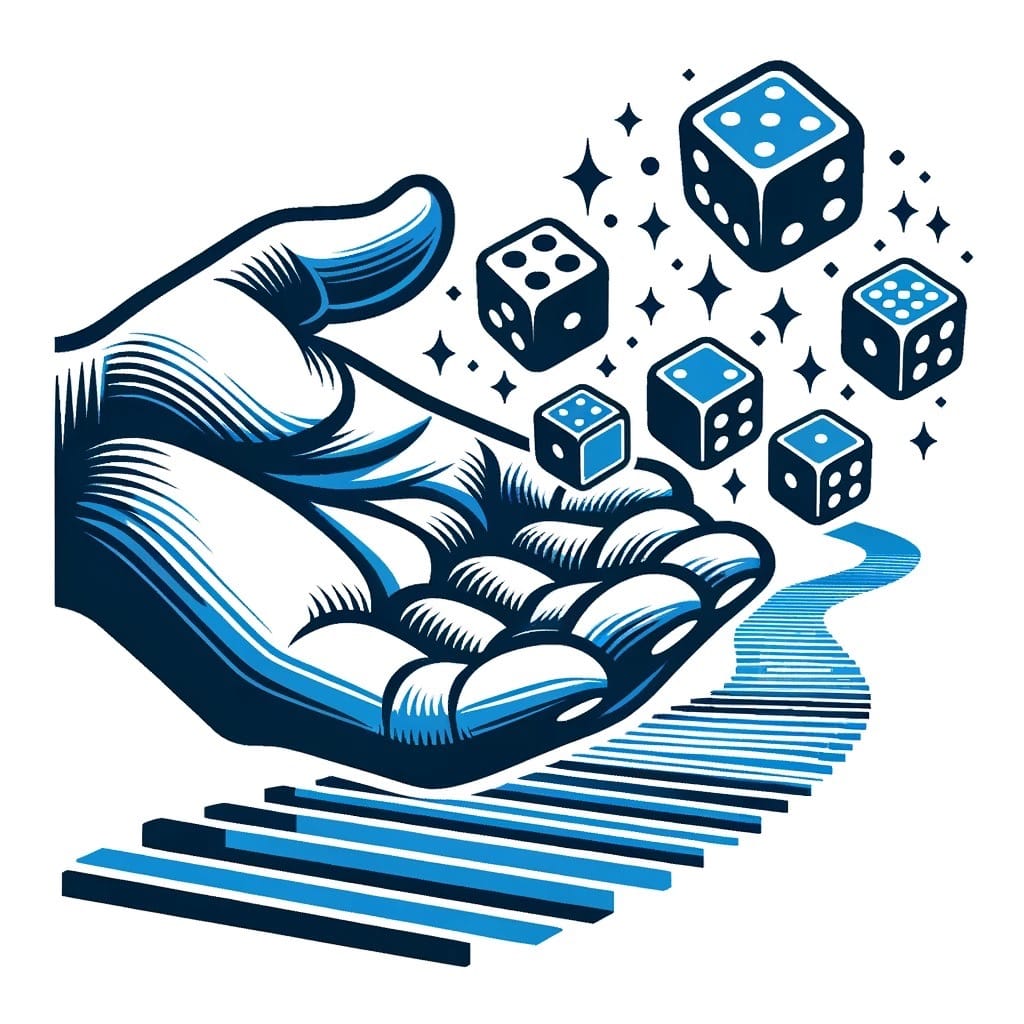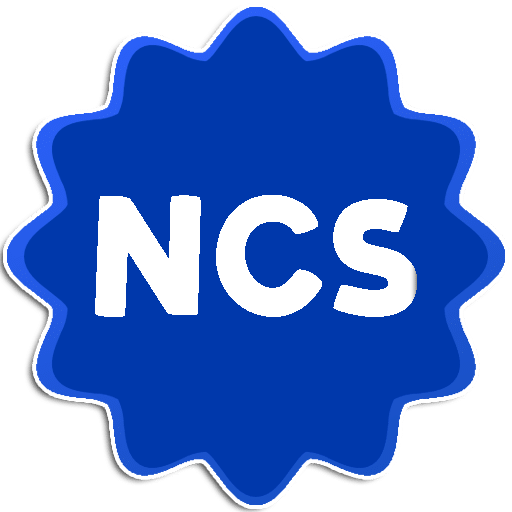How To Recover From Gambling Addiction: Five Steps To Take
According to The UK Gambling Commission, there are 340,000 problem gamblers in the UK. But with the right help, tools, and resources, compulsive gamblers can overcome this addiction.
Want to learn how you or your loved ones can recover from gambling addiction? Then scroll down.

According to The UK Gambling Commission, there are 340,000 problem gamblers in the UK. But with the right help, tools, and resources, compulsive gamblers can overcome this addiction.
Want to learn how you or your loved ones can recover from gambling addiction? Then scroll down.
1. Seek Professional Guidance
Opening up about your struggles might seem daunting, but it's a pivotal step. Whether you confide in a primary care physician, a therapist, or a specialised organisation like GamCare, which has supported over 30,000 individuals in the UK in the past year, or Gamblers Anonymous, it's crucial to initiate that conversation.
Many sufferers are often in denial about the issues they face, but seeking help is the most important step you can take.
These options provide structured guidance, coping strategies, and a safe space to navigate the emotional challenges tied to problem gambling. For a comprehensive list of support services, visit our gambling support directory.
In the gambling support directory, you'll find a variety of services tailored to assist if you’re struggling with gambling addiction. These include helplines, counselling services, and support groups, each offering a unique approach to support and recovery. By exploring these options, you can find the help that best suits your needs, ensuring you are not alone in your journey towards recovery.
2. Embrace Therapeutic Interventions
Gambling affects your brain. Cognitive Behavioral Therapy (CBT) is a proven method to address gambling addiction. It helps identify and alter compulsive thoughts, such as "One more win, and I'll stop."
Research by Fortune & Goodie, 2012 and Rossini-Dib et al., 2015 has shown that by recognising these patterns and replacing them with healthier thought processes, you can break free from the chains of addiction and stay in recovery.
3. Create a Supportive Environment
Creating an environment where your recovery can flourish is vital. Therefore, designate spaces in your home free from gambling reminders - be it a tech-free room or a meditation corner.
Engaging in physical activities is a vital aspect of recovery from problem gambling. Activities such as jogging, swimming, or joining a local sports team can provide a healthy outlet for stress and improve overall well-being. Yoga and meditation are also excellent options, promoting mental clarity and emotional balance.
Picking up new hobbies, such as painting, gardening, or learning a musical instrument, can offer a sense of achievement and fulfilment. Participating in community events or volunteer work can help rebuild social connections and provide a supportive network.
These activities not only serve as positive distractions but also stimulate the production of endorphins, the body's natural mood enhancers. According to research, exercise and endorphin release play a crucial role in addiction recovery, aiding in the management of withdrawal symptoms and reducing cravings.
For more insights on rebuilding your life and finding joy in recovery, take a look at our guide to activities to stop gambling addiction.
4. Use Tools
With 93% of the UK population active internet users, it's no surprise that internet use can feel like both a blessing and a curse. While it offers convenience, it also presents a minefield of temptations.
Tools like Gamblock and GamStop, used by over 50,000 UK residents, can help you self exclude and block gambling sites and related ads. Setting digital boundaries, like tech-free hours or app usage limits, can further ensure a healthy balance between your online and offline existence.
If you need assistance in choosing which apps and tools are right for you, be sure to check out our reviews, where we break down the pros and cons of each platform.
5. Engage With Others
To help you feel less alone on your road to gambling addiction recovery, engage with online forums like Gambling Therapy and Gamblers Anonymous, where over 40,000 members share their stories, as well as at in-person meetings and online meetups.
Having a robust support system around you can make all the difference. A BeGambleAware study indicated that 72% of recovering gamblers in the UK found the support of friends and family or support groups beneficial in their recovery process.
Conclusion
Recovery from problem gambling is a continuous, evolving journey. With dedication, awareness, and the right support, anyone can reclaim their life from this addiction. If this guide resonates with you, share it.
With millions affected by gambling-related issues, your act of sharing could light the path for someone in the dark. Remember, overcoming an addiction is something that happens day by day. Every day you don’t gamble is another step forward.

